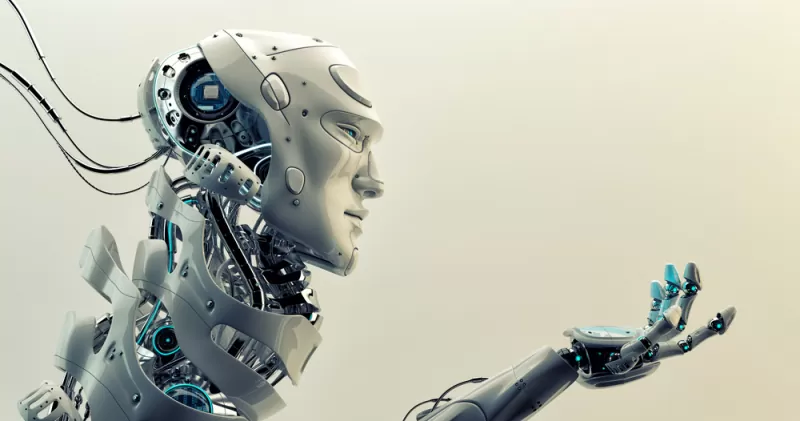A hot potato: The meteoric rise of generative artificial intelligence over the last few months might be exciting for big companies looking to cash in, but it's also giving rise to fears about how the technology will impact a broad range of jobs, with everything from lawyers and coders to creators and teachers potentially under threat. One industry that's also worried about AI is that of voice actors, many of whom are now being asked to sign away the rights to their voices so they can be digitally generated; a technique that could replace the actors themselves.

Being able to generate actors' voices has allowed the creation of shows and movies that wouldn't have been possible years ago. James Earl Jones, for example, gave his blessing to an artificial recreation of the Darth Vader voice, a role he has occupied for 45 years, in the recent Obi-Wan Kenobi series, making his vocals sound like they did in 1977. And Director Joseph Kosinski said the voice of Iceman was digitally altered for clarity in Top Gun: Maverick due to actor Val Kilmer's medical condition.
But the use of AI in the voice industry has a less positive side. More actors are now under contractual obligation to sign away the rights to their voices, sometimes without compensation, writes Motherboard. The publication notes that many companies now offer voice cloning, generating, or synthesizing services for prices as low as $30 per month. A few websites offer this service by just uploading recordings, making it possible to synthesize a voice without the owner's consent.
Fryda Wolff, who has voiced games that include Apex Legends, said, "game developers, animation studios, and perhaps even commercial clients could get away with squeezing more performances out of me through feeding my voice to AI, using these generated performances, and then never compensating me for use of my 'likeness,' never mind informing my agency that this was done."
Tim Friedlander, president and founder of the National Association of Voice Actors (NAVA), said that contracts that allow producers to synthesize actors' voices, often without extra compensation, are now "very prevalent," and the actors sometimes don't realize that these clauses have been added. Occasionally, those that object are told they won't be hired without agreeing to the terms.
While Hollywood stars are unlikely to feel the impact of their voices being generated digitally, those trying to break into the business and working full-time hours to make ends meet could suffer. "Those jobs are what will be lost to synthetic voices first and will damage a large part of the industry," said Friedlander.
Voice generation technology is improving all the time. Microsoft's voice AI tool, called Vall-E, can replicate a person's voice right down to their timbre and emotional tone after hearing just a three-second sample. Like Deepfakes, there's concern over the potential misuse of these tools, such as impersonating politicians or tricking people into believing they are talking to family, friends, or officials and handing over sensitive data.
SungWon Cho, a game and animation voice actor who also uses the name ProZD, summed up many actors' feelings. "I'm completely against it. Synthesizing a voice takes the soul and spontaneity out of a real-life performance." He added "I can only hope that synthetic voices just go away entirely, but at the very least, actors should be given the option to not agree to their use."
Masthead: Ociacia
https://www.techspot.com/news/97533-actors-speak-out-against-signing-away-their-voices.html